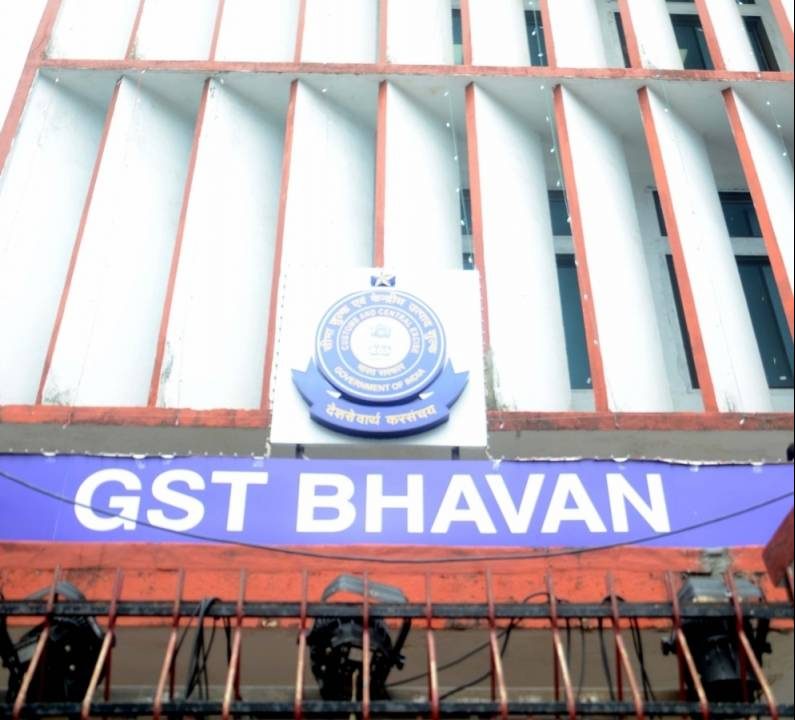It is for the fourth time, in the current financial year, that the gross GST collection has crossed Rs 1.5 lakh crore mark…reports Asian Lite News
Recording a growth, the gross GST revenue in March rose to Rs 1,60,122 crore as compared with Rs 1,49,577 crore during February this year.
“The Gross GST revenue of Rs 1,60,122 crore comprise CGST of Rs 29,546 crore, SGST of Rs 37,314 crore, IGST of Rs 82,907 crore (including Rs 42,503 crore collected on import of goods) and cess of Rs 10,355 crore (including Rs 960 crore collected on import of goods),” the finance ministry said in a statement on Saturday.
It is for the fourth time, in the current financial year, that the gross GST collection has crossed Rs 1.5 lakh crore mark, registering second highest collection since implementation of GST. This month witnessed the highest IGST collection ever.
The government has settled Rs 33,408 crore to CGST and Rs 28,187 crore to SGST from IGST as regular settlement. The total revenue of Centre and the states in March after IGST settlement is Rs 62,954 crore for CGST and Rs 65,501 crore for the SGST.
Officials said that the revenues for the month of March 2023 are 13 per cent higher than the GST revenues in the same month last year. During the month, revenues from import of goods was 8 per cent higher and the revenues from domestic transaction (including import of services) are 14 per cent higher than the revenues from these sources during the same month last year. The return filing during March 2023 has been highest ever. 93.2 per cent of statement of invoices (in GSTR-1) and 91.4 per cent of returns (in GSTR-3B) of February were filed till March 2023 as compared to 83.1 per cent and 84.7 per cent, respectively same month last year.
The total gross collection for 2022-23 stands at Rs 18.10 lakh crore and the average gross monthly collection for the full year is Rs 1.51 lakh crore. The gross revenues in 2022-23 were 22 per cent higher than last year. The average monthly gross GST collection for the last quarter of the FY 2022-23 has been Rs 1.55 lakh crore against the average monthly collection of Rs 1.51 lakh crore, Rs 1.46 lakh crore and Rs 1.49 lakh crore in the first, second and third quarters respectively.






